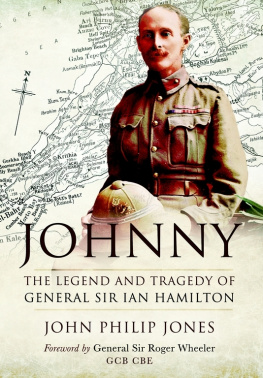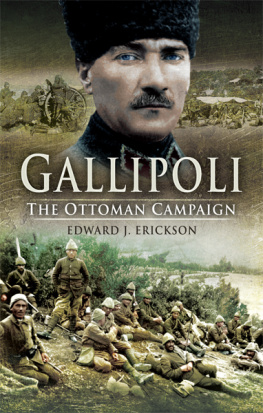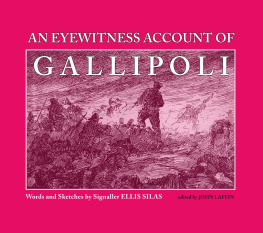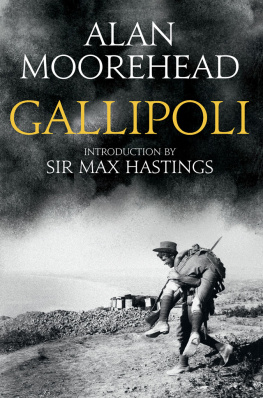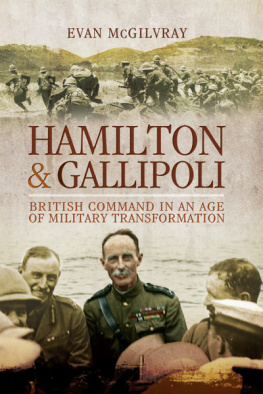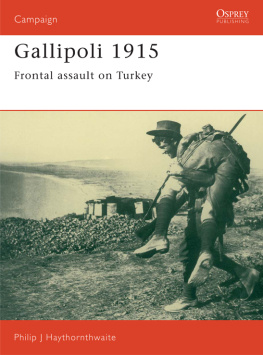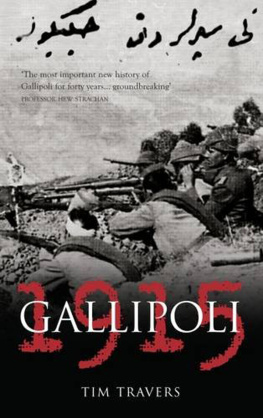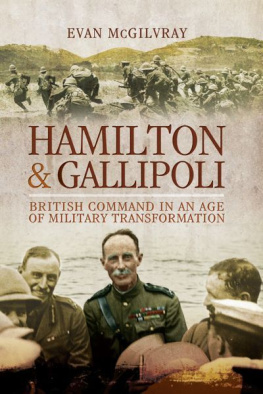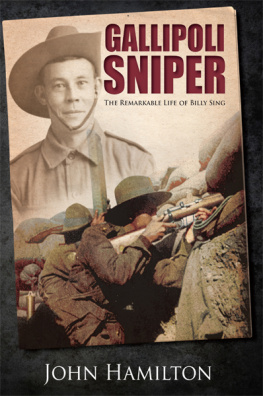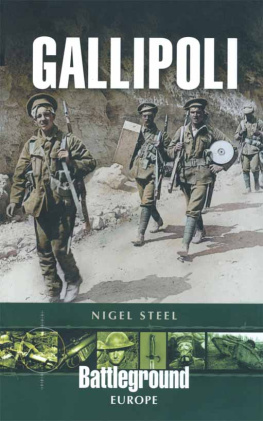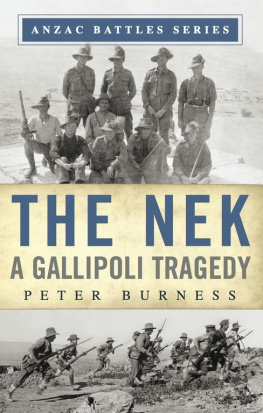CHAPTER 1
Military Reputations
I f militaryleaders have a currency to spend, it is human lives. Their power over their own subordinates and their enemies is far greater than any weight loaded onto the shoulders of politicians in peace or war. And because success in war results from leaders accepting onerous responsibility and making the right decisions, soldiers and sailors who win battles are widely admired, both for their moral fibre and for the forceful masculine leadership that they display. This is what this book is about. It is devoted to the reputation of a number of prominent military figures, concentrating on one man in particular, General Sir Ian Hamilton, a beau idal in colonial conflicts but a man who had to face greater challenges in the First World War.
Military reputations the end product of public opinion are usually only appreciated in a rough-and-ready way, because to do this properly requires specialist knowledge of what armies actually do and how they do it, which is knowledge not possessed by the population as a whole. Nevertheless, military leaders are widely and sometimes dramatically esteemed in their countries: in many cases more highly than top politicians, because successful soldiers and sailors catch the public imagination to a greater degree. And when successful generals themselves become political leaders or are such leaders already the majority tend to be remembered most dramatically for their battles. Shining through a period spanning more than two millennia are war winners who were also political leaders (although not always successful ones): Alexander the Great, Hannibal, Julius Caesar, Belisarius, Charlemagne, William the Conqueror, Edward I, Gustavus Adolphus, John Sobieski, Frederick the Great, Washington, Wellington, Grant, Kitchener and Eisenhower. The most dramatic example of all is Napoleon Bonaparte, who left a permanent imprint on the law, geography, institutions and amour propre of France, yet in the porphyry marble surrounding his mighty sarcophagus in the Invalides, nothing is visible except the names of his battles (his successful ones at least).
Yet military reputations are illusory things, and it takes a number of years to determine whether or not a particular soldiers or sailors reputation is fully justified. The reputation of military leaders crosses three distinct hurdles. The first and most immediate one condemns many, perhaps the majority, of the generals who hold the most important appointments when battle is joined; these lose their jobs after the enemy is encountered and they are caught wrong-footed. The Second Boer War (1899 1902), was the first colonial conflict in which the British fought against white opponents equipped with modern firearms, and was widely regarded as the first modern war fought by the British Army. Early losers in this who were sacked, frozen or sidetracked include Warren, Gatacre, White and Buller. The same fate awaited Smith-Dorrien, Hamilton, French and Jellicoe in the First World War; and Gort, Ironside, Dill, Percival, Wavell, Alan Cunningham, Auchinleck and Anderson in the Second. These leaders were not always forgotten, because British people tend to have nostalgic feelings towards ill-luck and even towards military defeat, although these commanders were no longer permitted to endanger the lives of their men.
The British Army is not unique in starting wars with incompetent generals. The two largest conflicts in American history were the Civil War and the Second World War. In the Civil War, President Lincoln had to suffer the agonizing experience of sacking a number of senior commanders until at last he decided to appoint Grant, who was someone with the right combination of talent and ruthlessness to defeat the Confederacy. And in the Second World War, Kimmel and Short lost their jobs after Pearl Harbor, as did Fredendall in Tunisia, Dawley at Salerno, and Lucas at Anzio.
Military leaders all too often rise in rank above their ceiling. This is not exclusively because their chiefs who promote them lack judgement. It is more often for lack of better alternatives. A successful leader in a major theatre of war needs to possess a formidable and varied menu of qualities: a wide range dictated by the fact that the highest military leadership is both an art and a science. I can number eleven qualities, some of which are related to one another:
(1) moral courage;
(2) raw intellectual horsepower;
(3) an understanding of battlefield tactics and the flexibility to adapt them to the nature of the ground and the dispositions of the enemy: the first step to military knowledge;
(4) the imaginative ability to think strategically with a broad vision: the second step to military knowledge;
(5) the ability to stand back in detachment to make his plans;
(6) mental clarity;
(7) the ability to pick good juniors;
(8) a rigid intolerance of incompetence accompanied by an occasional ruthlessness in sacking subordinates;
(9) obsessive determination;
(10) a feel for the psychology of the enemy;
(11) and not least a subtle understanding of the men he commands, which is the key to personal leadership.
All generals possess some of these qualities, otherwise they would not be appointed but it is very rare indeed for a man to possess them all. Some generals are so strong in individual qualities that other qualities become overwhelmed, e.g. determination to follow a specific course defeats the ability to think of imaginative alternatives. Ian Hamilton published his own views about generalship: views that were obviously relevant to how he executed his command. His clear but limited vision is discussed in Chapter 11. In Chapter 9, I attempt myself to evaluate how Hamilton measured against my eleven criteria. He had great strengths but some weaknesses, at least two of which I judge to be very serious.
The second hurdle in the path of military reputations is erected at the end of a war, when victory signals the start of revisionism, as the successful military leaders begin to be sniped at. Haig and Foch in the First World War; and Eisenhower, Montgomery, Alexander, Mountbatten and Harris in the Second, were commanders whose achievements have been questioned and in some cases demolished: not only by journalists with a sensational story to tell, but even by well-informed inside observers. These leaders reputations come increasingly under fire for a variety of reasons: because of their mistakes, the opportunities they had missed, and the failings of their personalities, not to speak of general disenchantment with war itself. From the names in the list above, only Montgomery has come through relatively unscathed: he was the only major British battlefield commander in the two world wars who came close to combining the eleven qualities listed in the last paragraph. This is partly because he managed to bridge the personal command exercised by successful generals during the nineteenth century, and the large-scale pyramidal control demanded by twentieth-century industrial warfare. In contrast, Haig was highly polarized. He had six qualities in great strength: moral courage, knowledge of his profession, the ability to stand back in detachment to make his plans, mental clarity, rigid intolerance of incompetence, and most important of all obsessive determination. However, Haig was weaker in other respects, as has been discussed in the many books that have been written about him. Most remarkably, he was not very brainy.

